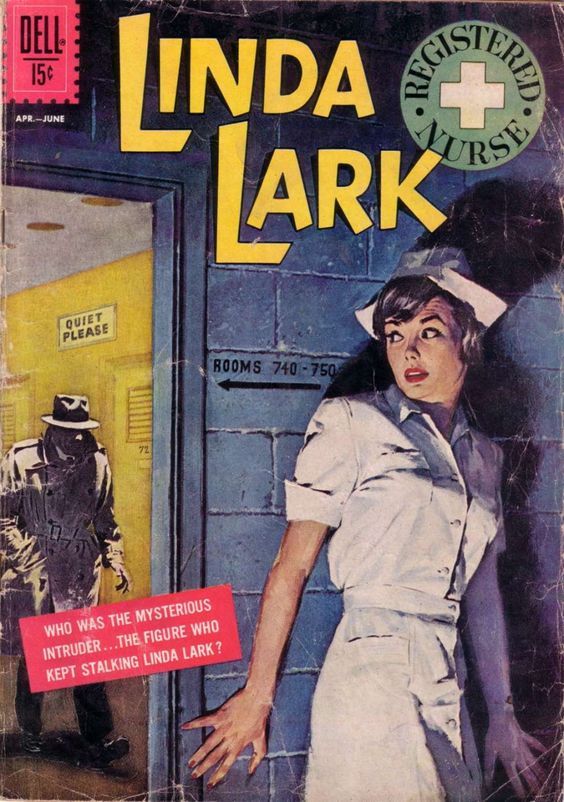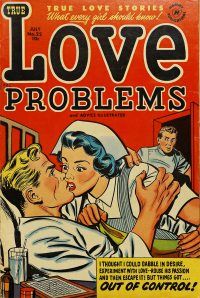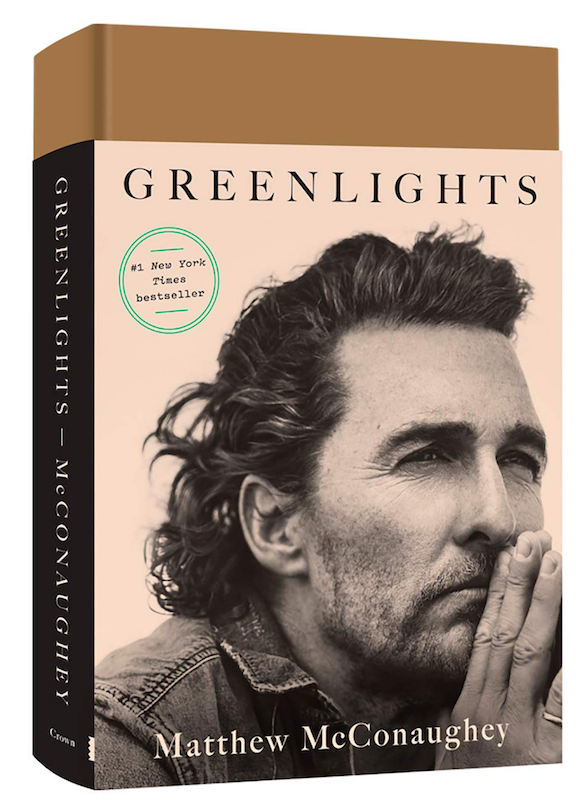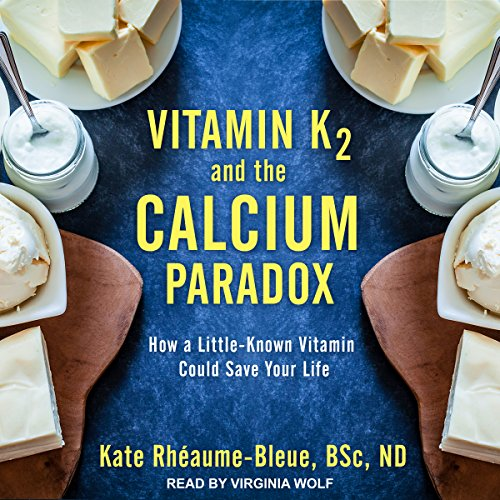What are you reading now?
-
Reading Meditations by Marcus Aurelius. I don't usually read old tomes, but even after reading a few pages I was struck by how modern some of his ideas sound.
(The importance of free speech, equality before the law).
Good, simple writing.
@xenon said in What are you reading now?:
Reading Meditations by Marcus Aurelius. I don't usually read old tomes, but even after reading a few pages I was struck by how modern some of his ideas sound.
(The importance of free speech, equality before the law).
Good, simple writing.
Conservatism has all the best ideas, sort of by definition - the test of time and all that. Don't attempt to convince a lefty of that though, they are convinced that everything conservatives have ever done for them, the blood, sweat and tears shed in defense of those good ideas, are nothing compared to making sure 6 year olds should be able to have gender reassignment surgery.
-
Based on George's experience, I picked this one up. Fascinating book with an excellent review of the history of the diet industry. Having lived through the pronouncements, it is quite illuminating how long the experts have retained a machine model - calories in/calories out even in the face of continuous failure.
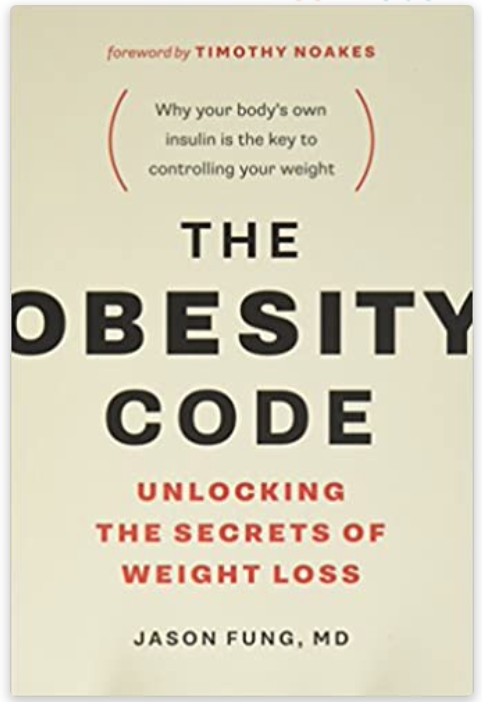
@kluurs said in What are you reading now?:
it is quite illuminating how long the experts have retained a machine model - calories in/calories out even in the face of continuous failure.
There's a lot of money in obesity. Diet "foods" like Snackwell, weight loss plans like Weight Watchers, the advantages to food growers of keeping the population hormonally screwed up through use of things like GMOs and pesticides, etc which complicate weight control. Not to mention the immense profits flowing to the healthcare industry, not only from patients seeking help with their obesity, but to research in and treatment of obesity-related diseases like diabetes, cancer and heart disease.
And this is a bit of a stretch, because I doubt legislators think in these terms, but a population that doesn't feel well won't give you a lot of grief by way of informed protest; they're too tired. -
@xenon said in What are you reading now?:
Reading Meditations by Marcus Aurelius. I don't usually read old tomes, but even after reading a few pages I was struck by how modern some of his ideas sound.
(The importance of free speech, equality before the law).
Good, simple writing.
Conservatism has all the best ideas, sort of by definition - the test of time and all that. Don't attempt to convince a lefty of that though, they are convinced that everything conservatives have ever done for them, the blood, sweat and tears shed in defense of those good ideas, are nothing compared to making sure 6 year olds should be able to have gender reassignment surgery.
@horace said in What are you reading now?:
Conservatism has all the best ideas, sort of by definition
Not to get into an argument about semantics, but it's actually classical liberalism where all the good ideas came from. Back in the 18th century, conservatives were a right bunch of assholes.
-
Based on Copper's recommendation...
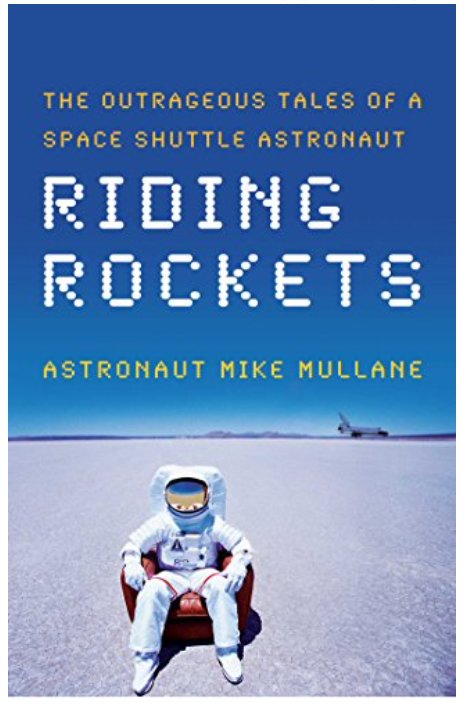
Only about ¼ of the way through it.
Funny, exciting and sad at the same time. This is one of the most "conversational" books I've read in a long time.
By that I mean, "OK, I'll let you buy me a
(cheap) Scotchbeer. Here's my story of how I became a shuttle astronaut. "Very much a "light" read, but worth the time. At the beginning he sows the seed of NASA's perceived invulnerabilty. You know things are going to go South, but I haven't gotten there yet.
With a testosterone-fueled swagger and a keen eye for particulars, Mullane takes readers into the high-intensity, high-stress world of the shuttle astronaut in this rough-hewn yet charming yarn of low-rent antics, bureaucratic insanity and transcendent beauty
-
@kluurs said in What are you reading now?:
@george-k let me know what you think of that - I was thinking about that book.
All of the Linda Lark books are amazing.
-
I was discussing with friends about days, months, etc. and I remembered I had this book.
It is not by the physics guy, but a short (100 pages) book about time (as the clock and months, years, etc.) and it came to be. interesting and a book you dont have to read all at once.
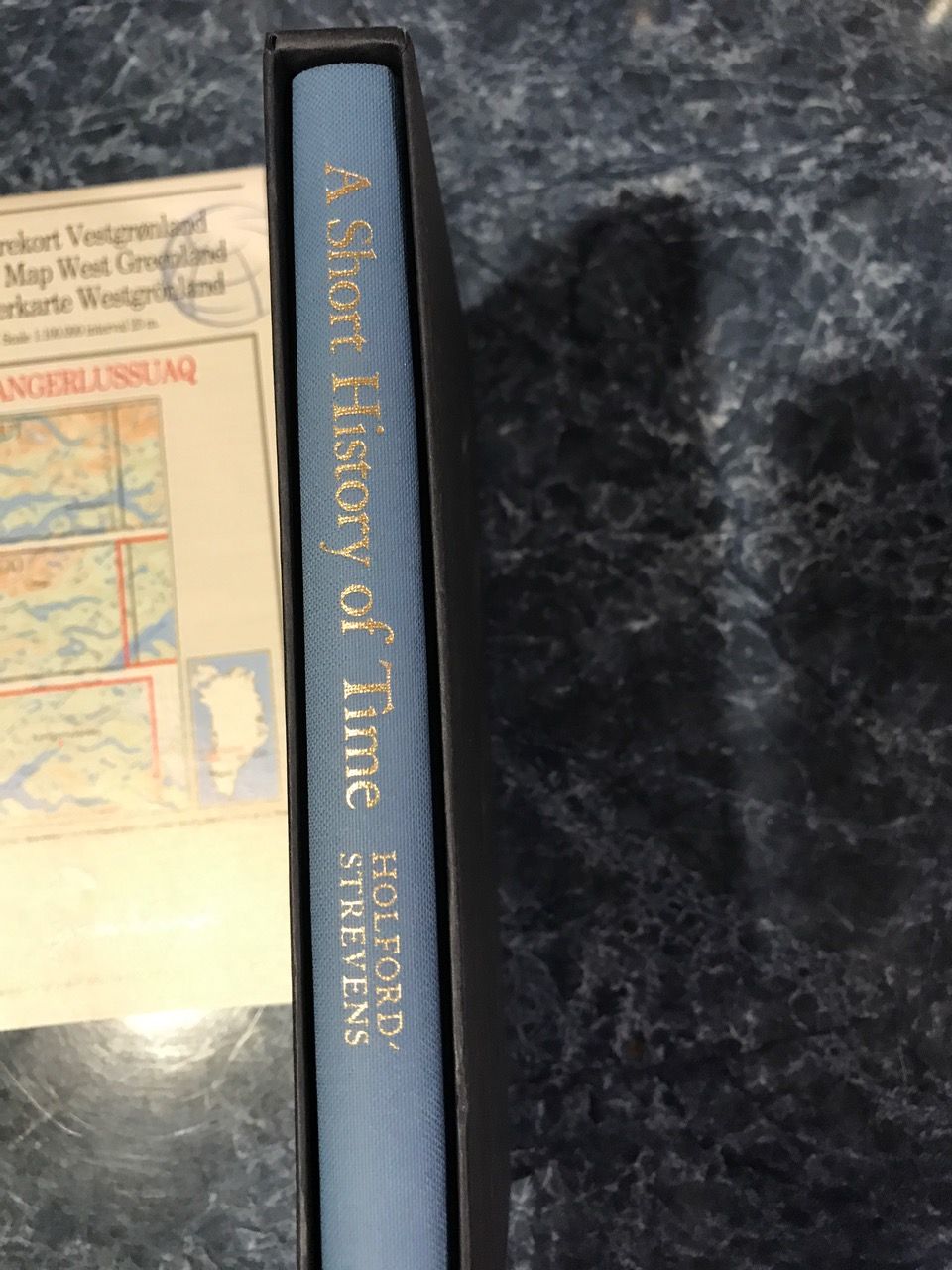
-
 image url)
image url)Because, well why not?
-
 image url)
image url)Because, well why not?
-
@george-k im toward the end of abbadons gate
but im going slowly because im reading another book at the same time
-
Right now I'm reading part of The World Almanac from 2016.
I'm reading the part of the book that has statistics about the physical size of each country in the world...square miles.
-
I've had this book in PB for very many years. Haven't redd it. Books come and go, that one always remains, getting more and more tattered as time passes. Someday.
Thanks for your comment. Maybe someday will come a bit sooner now.
ETA: Another book that has that same easy style that absorbs you is The Russians by Hedrick Smith. He wrote it based on his experiences as the Moscow NYT Bureau Chief. IIRC, the emphasis was very much on everyday life in Russia, and not so much on politics. (I could be wrong about that, though.)
@catseye3 said in What are you reading now?:
Another book that has that same easy style that absorbs you is The Russians by Hedrick Smith. He wrote it based on his experiences as the Moscow NYT Bureau Chief. IIRC, the emphasis was very much on everyday life in Russia, and not so much on politics. (I could be wrong about that, though.)
No you're not wrong. Smith did not venture into politics he focused on everyday life. I still have my copy that I read back when it came out in the late 1970s. One topic that Smith really did not understand though was Solzhenitsyn. Westerners had no clue about what Solzhenitsyn was on about then, nor did they understand him any better when he was in exile. It was only after he returned to Russia in the 1990s did Westerners begin to grasp how much he loathed Western liberalism and democratic values.
Did you know that Smith wrote a follow up book during the late Gorbachev era entitled The New Russians?
I should reread both books just to see how they stand in perspective of what has happened there in the last 30 years.
-
I started part 3 of the trilogy ...

Reynolds is a master storyteller.
His works are not easy - they're not "popcorn" - and demand that you pay attention. You know there are some TV shows you can have on in the background and sort of ignore. Then, a month later, you say, "Yeah, I watched that." Some books are like that.
None of the "Revelation Space" books are like that. You have to be attentive so that you can absorb everything he says. There's so much stuff that's intertwined that you must pay attention to every paragraph.
Such a challenge, but so rewarding as well.
-
@kluurs said in What are you reading now?:
@george-k let me know what you think of that (Greenlights by McConaughey) - I was thinking about that book.
A fun, easy read. He comes off as a very normal type of person - one not involved with all the hype of the entertainment industry, and is grateful for the good luck in becoming so successful.
Worth a weekend's read - but not truly memorable other than you get some insights into the life of someone who seems to be a genuinely likable person.
-
@kluurs said in What are you reading now?:
@george-k let me know what you think of that (Greenlights by McConaughey) - I was thinking about that book.
A fun, easy read. He comes off as a very normal type of person - one not involved with all the hype of the entertainment industry, and is grateful for the good luck in becoming so successful.
Worth a weekend's read - but not truly memorable other than you get some insights into the life of someone who seems to be a genuinely likable person.
-
I just finished re-reading Icerigger by Alan Dean Foster. Fun read that held up well since I read it as a teen.
Now I am in the first several chapters of A Higher Call: An Incredible True Story of Combat and Chivalry in the War-Torn Skies of World War II by Adam Makos. It gives the background of the German pilot that refused to shoot down a defenseless B17 and instead escorted it to the English Channel. It begins totally focused on the German pilot's upbringing and career as a commercial pilot and how he came to enlist and fight first in North Africa and then Sicily. I am hoping it will in turn give as much background on the American pilot of the B17. Good read so far.
Next on the list is what looks very intriguing, First Steps: How Upright Walking Made Us by Jeremy DeSilva. I love documentaries, science, history, NOVA, etc. and this seems right in that lane.
